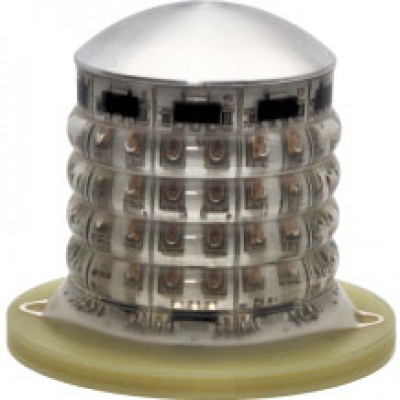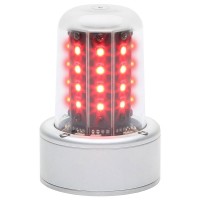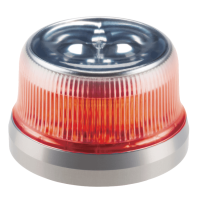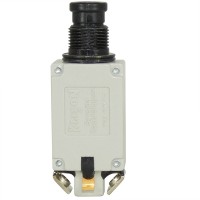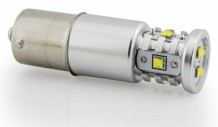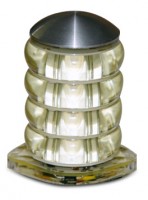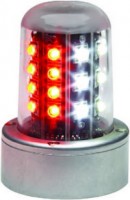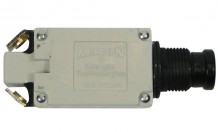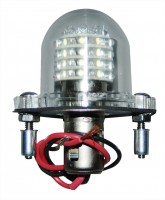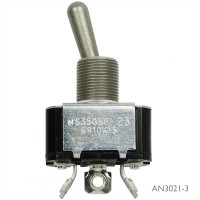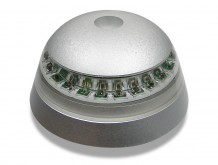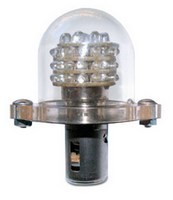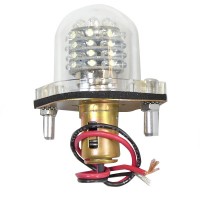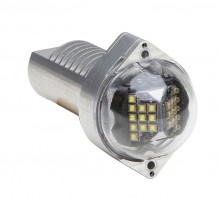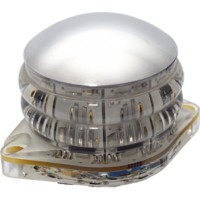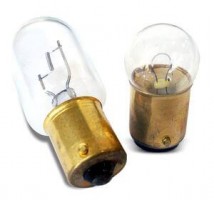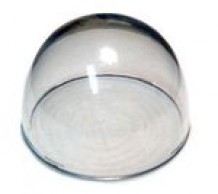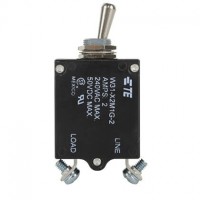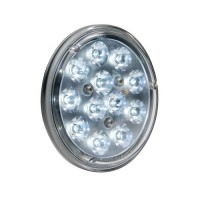1-877-795-2278 | info@aircraftspruce.ca
Aircraft Spruce Canada
Brantford, ON Canada
Corona, CA | Peachtree City, GA
Chicago, IL | Wasilla, AK
Aircraft Spruce Canada
Brantford, ON Canada
Corona, CA | Peachtree City, GA
Chicago, IL | Wasilla, AK
THE AVIATION SUPERSTORE FOR ALL YOUR AIRCRAFT & PILOT NEEDS | 877-795-2278
Electronic Rotating Beacon - Whelen Helicopter Mount Ring
$796.00/Each
Part# 11-20259
MFR Model# ERB2-H
MFR Model# ERB2-H
- JUMP TO
- Overview
- Features
- Specifications
- Reviews
- Q&A
Overview
|
Intelligent Synchronization
ERB2 - Our new development with Intelligent Synchronization and FLARM-Interface The technology carries on - so we developed the new ERB2-H for you. With LEDs of the newest generation we were able to boost the brightness of about 25%. Simultaneously we reduced the power consumption remarkably. This makes an efficiency enhancement of about 50%! As a matter of course all our LED position lights / ACLs are water and seawater resistant. Since the electronic parts are completely integrated in the ERB2-H, no black box or other items are needed. Our ERB2-H complies with FAR23 regulations. Therefore experimental constructors have a genuine alternative to Xenon-Flash lights. The extremely bright, red rotating sequencing light flash has a beacon angle of 360° and is visible at 30° below and above the horizontal plane. Like all our other ACLs, the ERB2-H is completely sealed in high grade optic plastic. As all electronic components are in the ERB, there is no additional place needed. For easy connection, the ERB2-H is already provided with a 1,5/0,25 mm˛ four-wire-cable. A detailed installation instruction and shrinking tubes are included. |
Features
FLARM-Interface: As worlds first we integrated a FLARM-Interface in an anti collision light for motorized aircraft in order to increase the visibility and therefore the safety in the airspace. The by the Power-FLARM unit provided signals increase the light pulses and therefore rises the attentiveness.Intelligent Synchronization: The integration of our well proven Intelligent Synchronization allowes a chronological sequence of power consumption for the connected anti collision lights and prevents battery and generator from becoming overloaded.
Specifications
| Label | Description |
|---|---|
| Color | Red |
| Operating voltage | 10 - 17 Volts (DC), typically: 12.8 - 13.4 Volts (on-board power supply) |
| Wattage | 16 Watts (approx.) |
| Diameter | 44 mm (approx.) |
| Height | 55 mm (approx.) |
| Diameter-Flansch | 63.5 mm (approx.) |
| Weight | approx. 125 Grams including connecting cables |
| Warranty | 5.000 operating hours or max. 3 years |
Q&A
Please note, Aircraft Spruce Canada's personnel are not certified aircraft mechanics and can only provide general support and ideas, which should not be relied upon or implemented in lieu of consulting an A&P or other qualified technician. Aircraft Spruce Canada assumes no responsibility or liability for any issue or problem which may arise from any repair, modification or other work done from this knowledge base. Any product eligibility information provided here is based on general application guides and we recommend always referring to your specific aircraft parts manual, the parts manufacturer or consulting with a qualified mechanic.

 Aircraft Spruce Canada
Aircraft Spruce Canada
